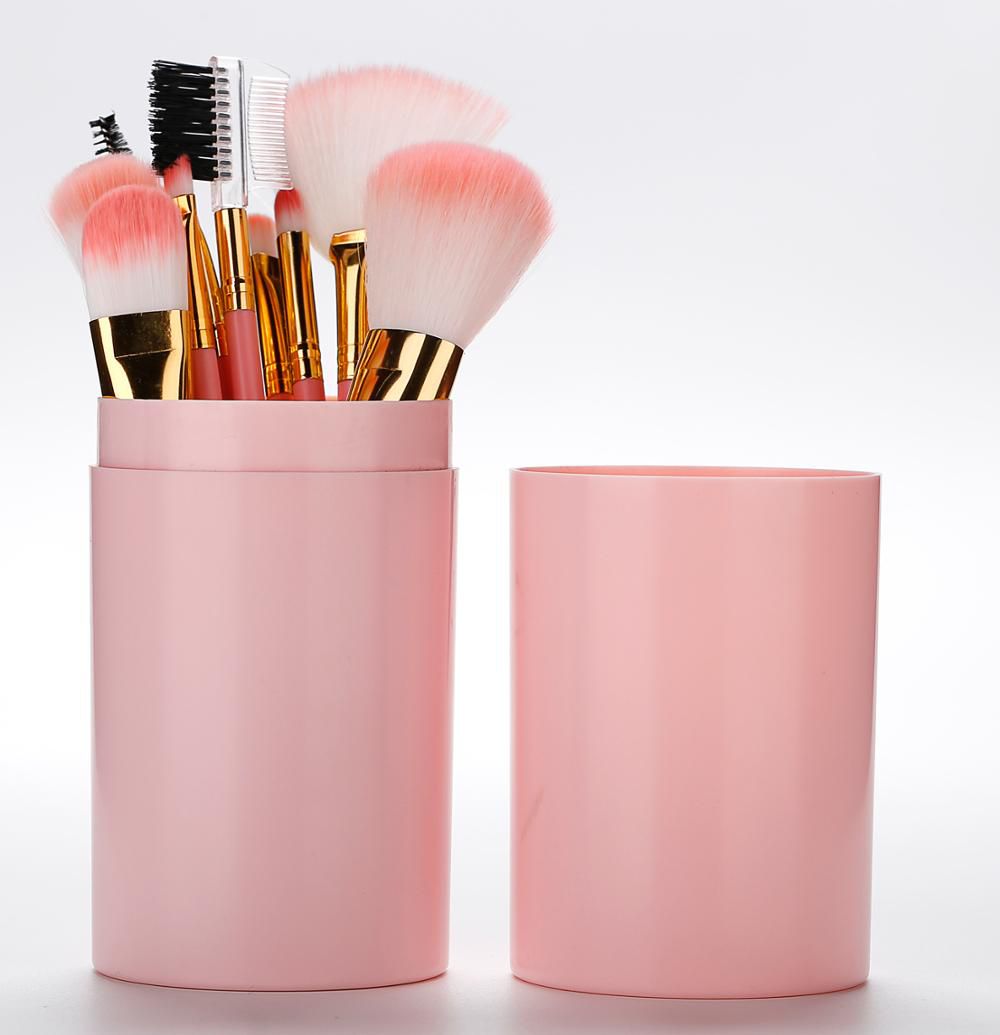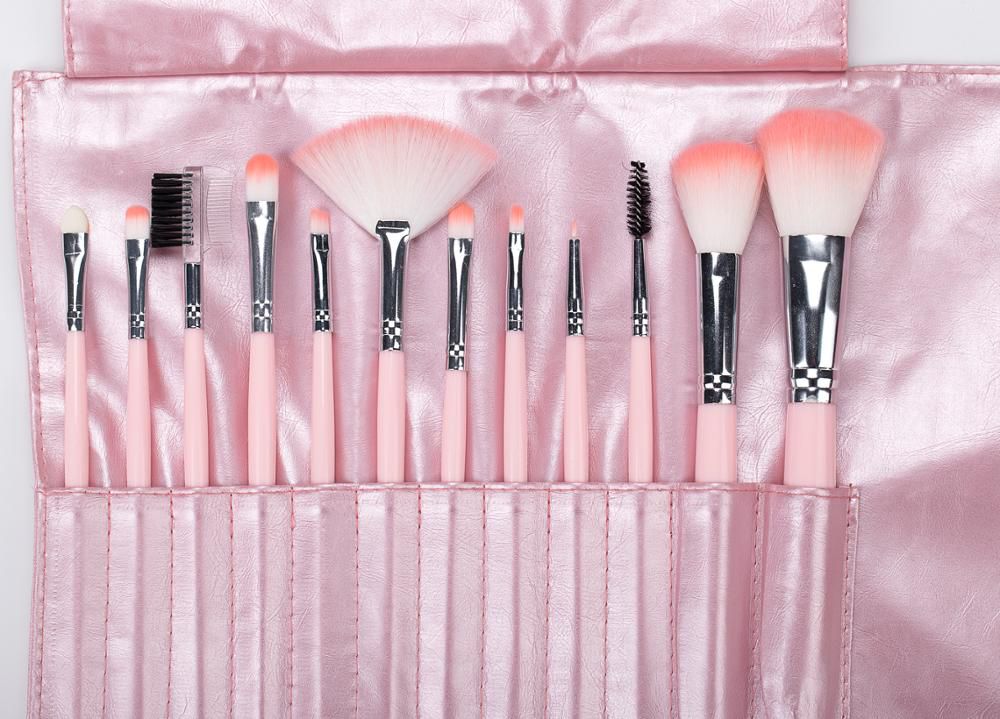Industry news
India’s Brush Factories Adopt Green Energy: Solar Power Reduces Carbon Footprint of Bristle Production
- 615 Views
- 2025-11-15 01:31:05
India’s Brush Factories Embrace Solar Power to Cut Carbon Footprint in Bristle Production
As a key global hub for cosmetic brush and bristle manufacturing, India’s factories are increasingly turning to solar energy to align with global sustainability demands. Traditionally reliant on fossil fuel-based electricity, the sector has faced scrutiny over its carbon footprint, prompting a shift toward greener alternatives.
India’s geographical advantage—abundant sunlight, particularly in regions like Gujarat, Maharashtra, and Tamil Nadu—makes solar power a natural fit. Major bristle production clusters in these states have begun installing rooftop solar panels and ground-mounted solar farms, reducing dependence on grid electricity dominated by coal-fired power plants. For instance, a leading factory in Ahmedabad recently commissioned a 5 MW solar system, now meeting 70% of its energy needs. This transition not only slashes reliance on non-renewable energy but also stabilizes operational costs amid volatile fossil fuel prices.
The environmental impact is tangible. Industry estimates suggest that a mid-sized bristle factory using solar power can reduce annual carbon emissions by 300–500 tons compared to conventional energy sources. This aligns with global brand requirements, where retailers and cosmetic companies increasingly prioritize suppliers with verified low-carbon production. “Consumers now check for eco-certifications,” notes an industry analyst. “Solar-powered manufacturing isn’t just ethical—it’s a competitive necessity.”

Beyond carbon reduction, solar adoption brings operational benefits. With India’s solar equipment costs dropping by 40% in the past five years, initial investment barriers have eased. Government incentives, such as tax breaks and subsidies for renewable energy projects, further encourage factories to transition. Some facilities are even integrating battery storage to address intermittent sunlight, ensuring round-the-clock clean energy supply.

This shift isn’t merely operational—it’s strategic. As international regulations on carbon emissions tighten (e.g., the EU’s Carbon Border Adjustment Mechanism), Indian bristle producers using solar power gain an edge in accessing global markets. Brands like L’Oréal and Estée Lauder, which have pledged net-zero goals, are increasingly partnering with suppliers that demonstrate sustainable manufacturing practices.
Challenges remain, including high upfront costs for small-scale factories and grid integration issues. However, the long-term benefits—lower energy bills, reduced regulatory risks, and enhanced brand reputation—outweigh these hurdles. As more factories adopt solar power, India’s bristle production sector is poised to become a model for sustainable manufacturing in the global beauty industry.












